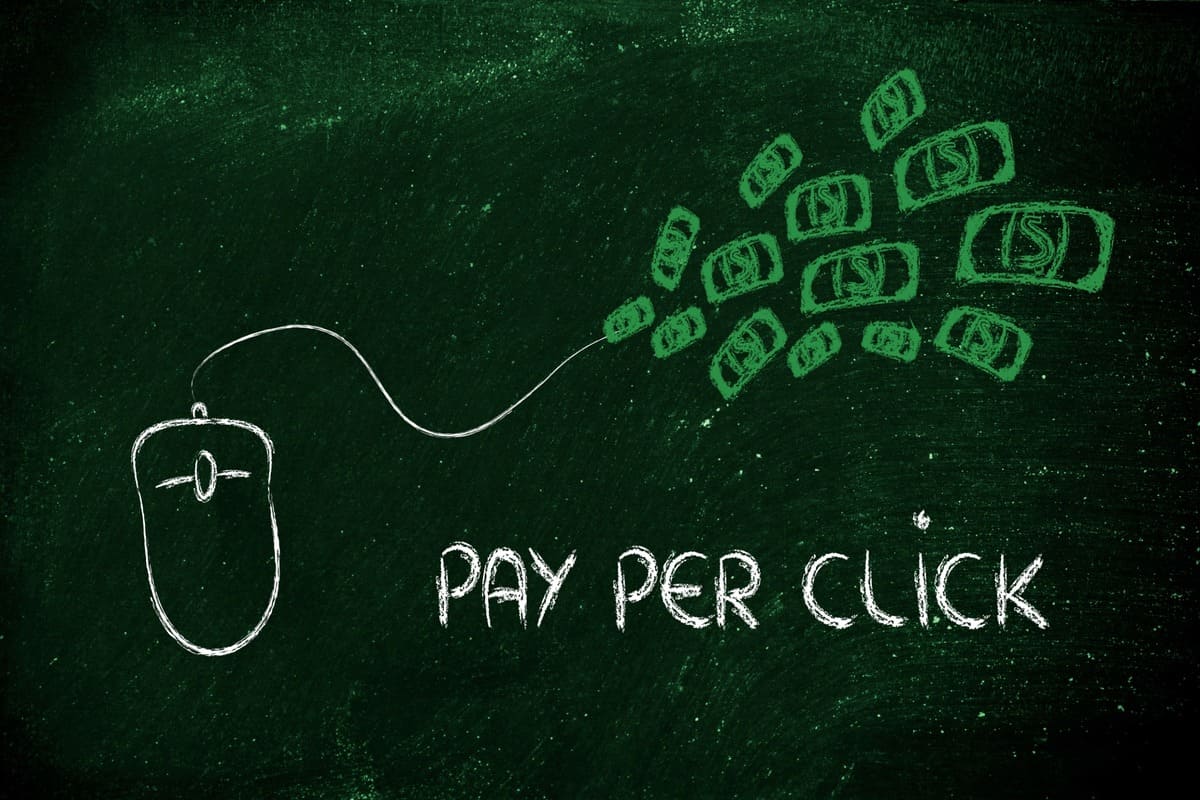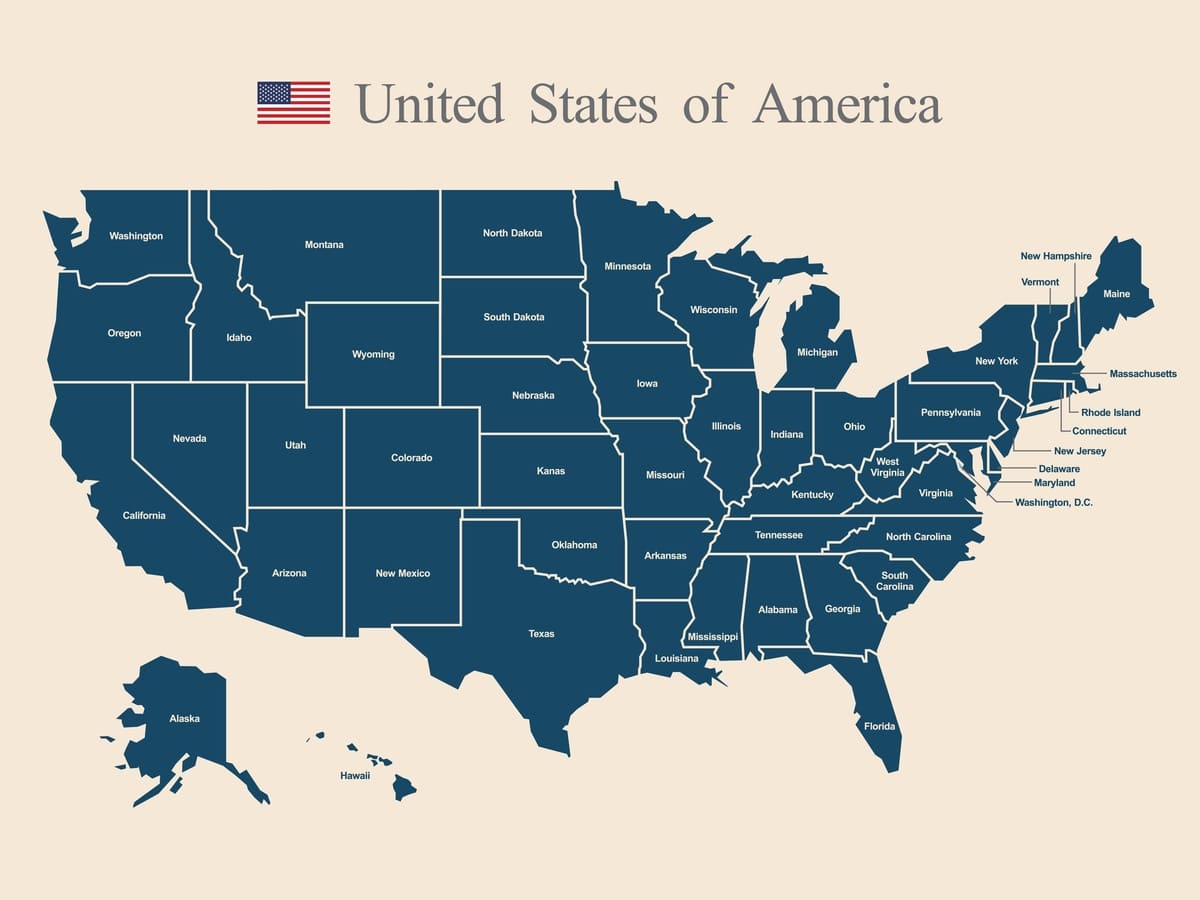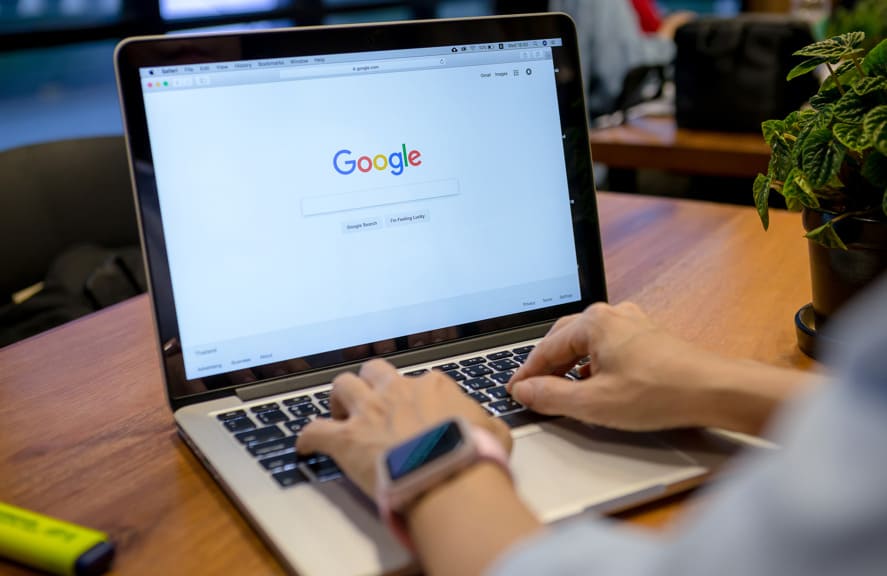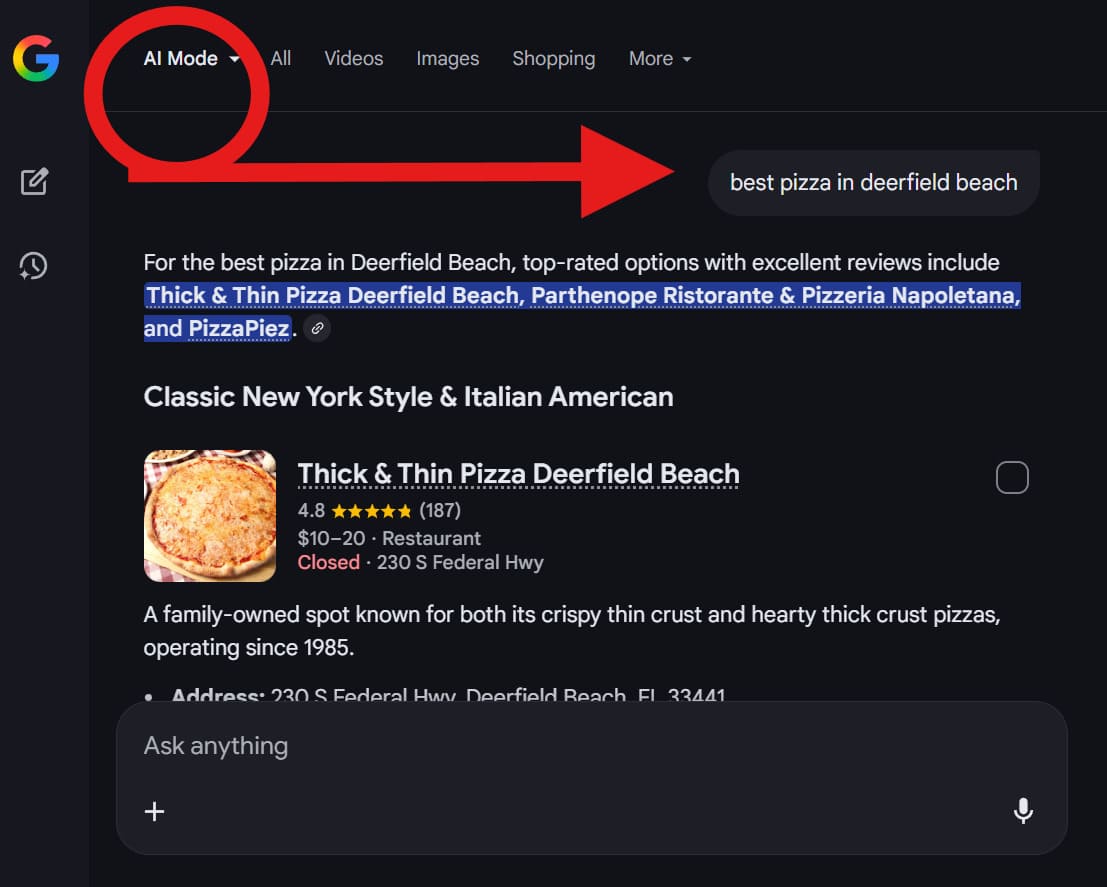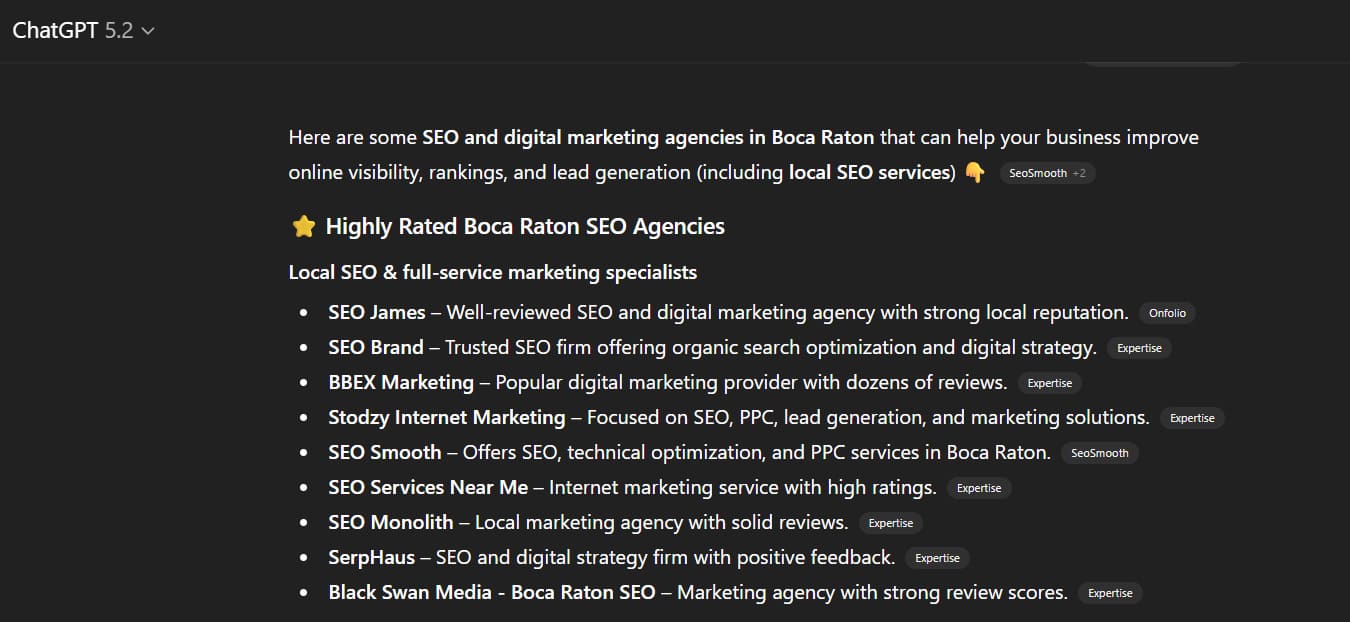Pay Per Click (PPC) advertising is a digital marketing model where advertisers pay a fee each time their ad is clicked. It’s a way of buying visits to your site, rather than attempting to “earn” those visits organically. Here’s an overview of PPC advertising:
Key Components of PPC Advertising
1. Ad Platforms
- Google Ads: The most popular PPC platform, allowing ads to appear on Google’s search engine and its advertising network.
- Bing Ads: Similar to Google Ads, but for Bing and Yahoo search engines.
- Social Media Platforms: Includes Facebook Ads, Instagram Ads, LinkedIn Ads, and Twitter Ads, where ads can appear in users’ feeds or on the sidebar.
- Other Platforms: Amazon Ads, YouTube Ads, and other specialized platforms.
2. Keywords
- Selection: Advertisers choose keywords that are relevant to their products or services. When users search for these keywords, the ads may appear.
- Bidding: PPC operates on a bidding system where advertisers bid on the keywords they want to target. The bid amount represents the maximum amount they are willing to pay for a click.
3. Ad Copy and Creative
- Text Ads: Commonly used in search engine marketing (SEM), text ads include a headline, description, and URL.
- Display Ads: These are visual ads (images or videos) that appear on websites within the Google Display Network or other display networks.
- Social Media Ads: These can be a mix of text, images, videos, and interactive content tailored for social media platforms.
4. Landing Pages
- Relevance: The landing page should be directly relevant to the ad and provide a seamless user experience.
- Optimization: Optimized for conversions, with clear calls to action (CTAs) and a user-friendly design.
How PPC Works
1 – Campaign Setup:
- Advertisers set up a campaign on a PPC platform, selecting keywords, setting bids, and creating ads.
- They also define the target audience, budget, and duration of the campaign.
2 – Auction Process:
- When a user conducts a search or visits a site where ads are served, an auction occurs in milliseconds.
- The auction considers the bid amount and the quality score (relevance and quality of the ad and landing page).
3 – Ad Placement:
- Ads that win the auction are displayed to the user.
- The placement depends on factors like bid amount, ad relevance, and competition.
4 – User Interaction:
- If the user clicks on the ad, the advertiser is charged the bid amount.
- The user is directed to the landing page, where they can take further action (e.g., make a purchase, sign up for a newsletter).
Benefits of PPC Advertising
- Targeted Advertising: Allows precise targeting based on keywords, demographics, location, and more.
- Measurable Results: Provides detailed analytics on ad performance, clicks, conversions, and ROI.
- Flexibility: Campaigns can be adjusted in real-time based on performance data.
- Quick Results: Unlike organic search, PPC can drive traffic and generate leads quickly once the campaign is live.
- Control over Budget: Advertisers can set daily or campaign budgets and control costs effectively.
Challenges of PPC Advertising
- Cost: Can be expensive, especially for competitive keywords.
- Complexity: Requires knowledge and expertise to manage effectively.
- Click Fraud: Risk of competitors or malicious users clicking on ads to deplete the budget.
- Continuous Optimization: Requires ongoing monitoring and optimization to maintain performance.
Best Practices for PPC Advertising
- Keyword Research: Use tools like Google Keyword Planner to find relevant and high-performing keywords.
- Ad Quality: Write compelling ad copy and create high-quality visuals that resonate with your target audience.
- Landing Page Optimization: Ensure landing pages are relevant, fast-loading, and optimized for conversions.
- A/B Testing: Test different versions of ads and landing pages to find what works best.
- Monitor and Adjust: Regularly review performance data and make necessary adjustments to improve ROI.
By leveraging PPC advertising effectively, businesses can drive targeted traffic, increase conversions, and achieve their marketing goals. SEO James can manage and optimize Google PPC Campaigns on a month to month basis.


